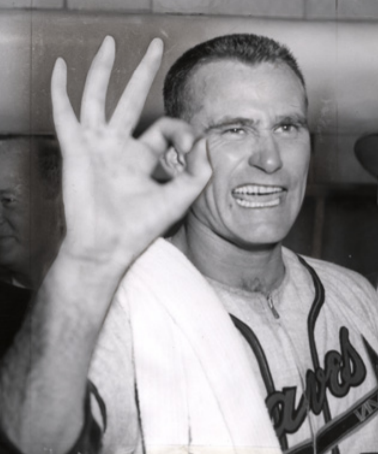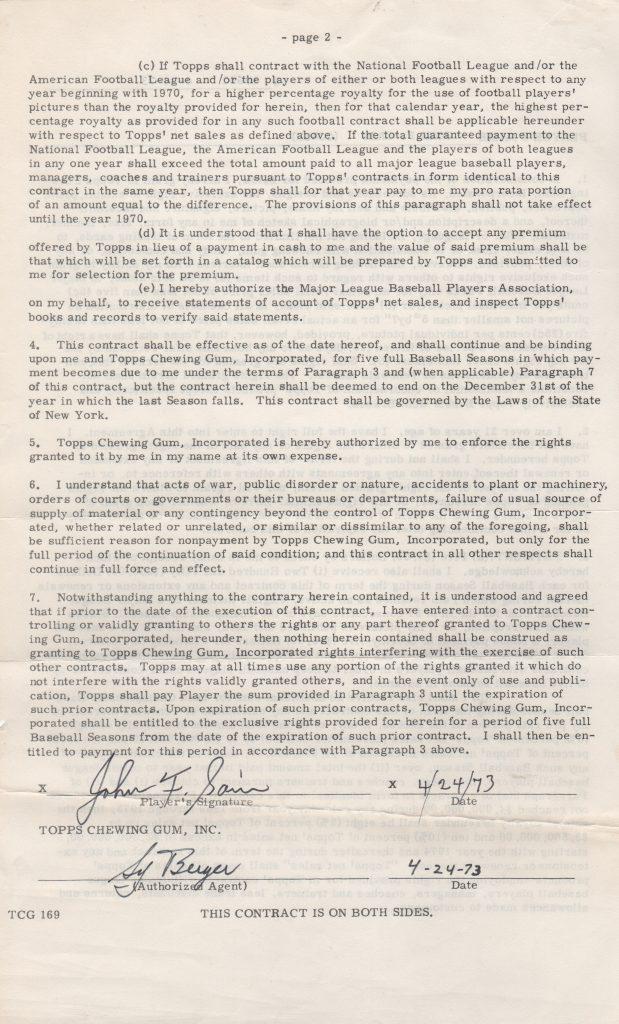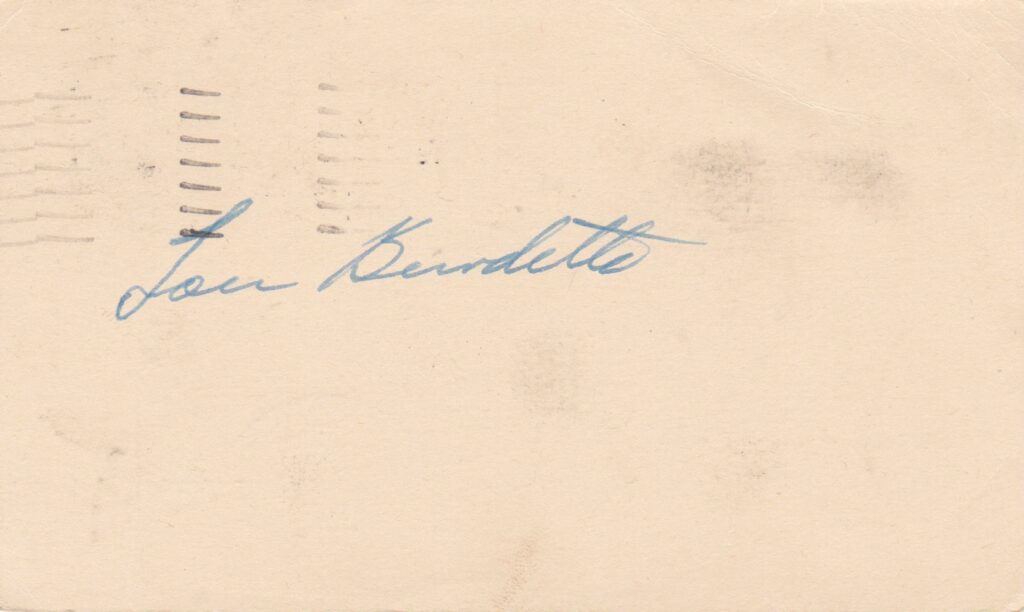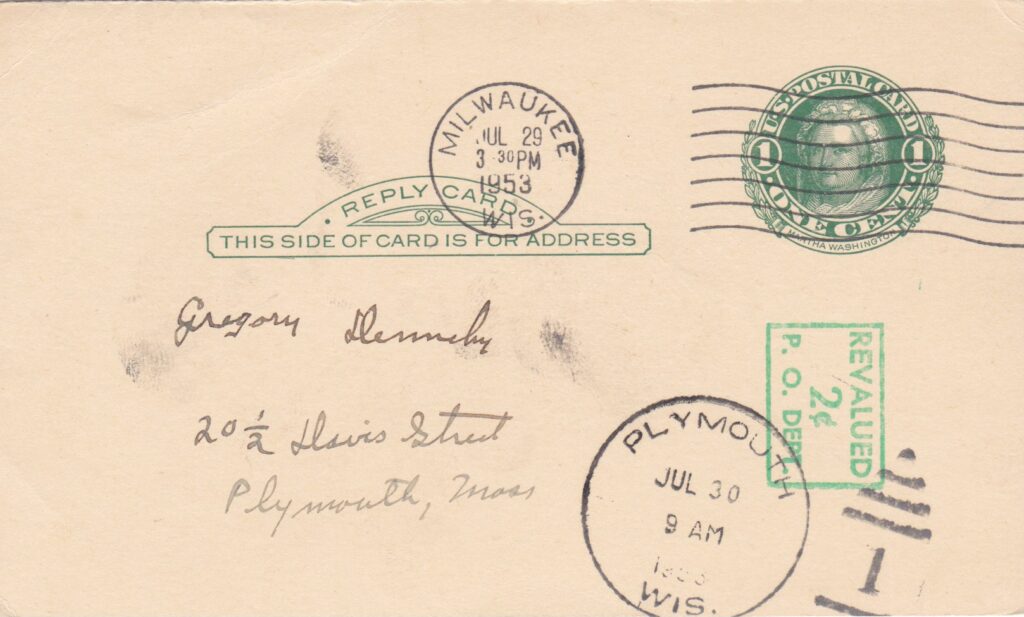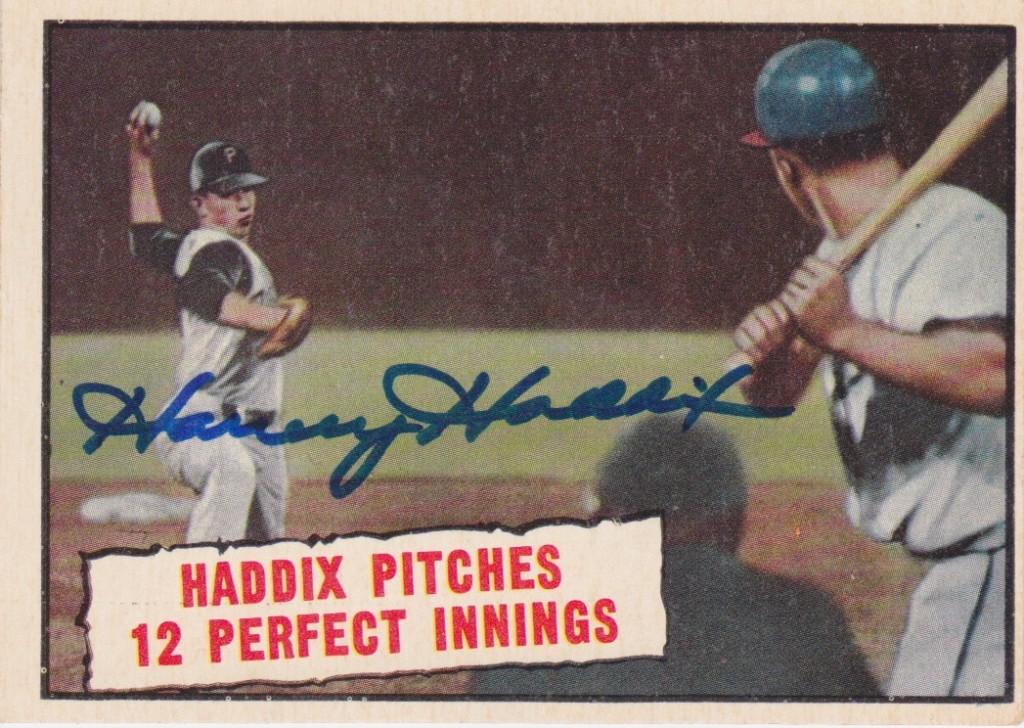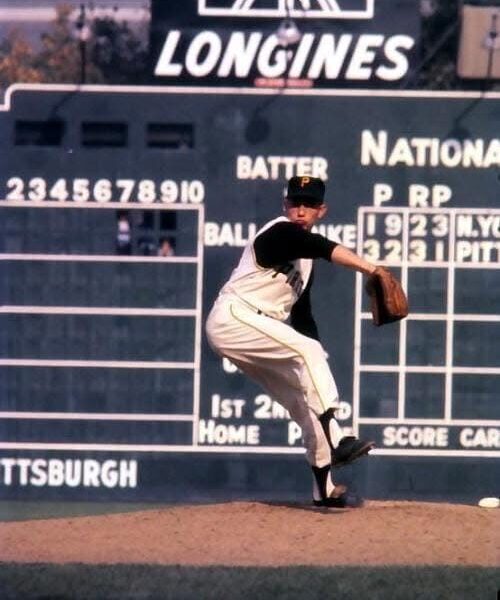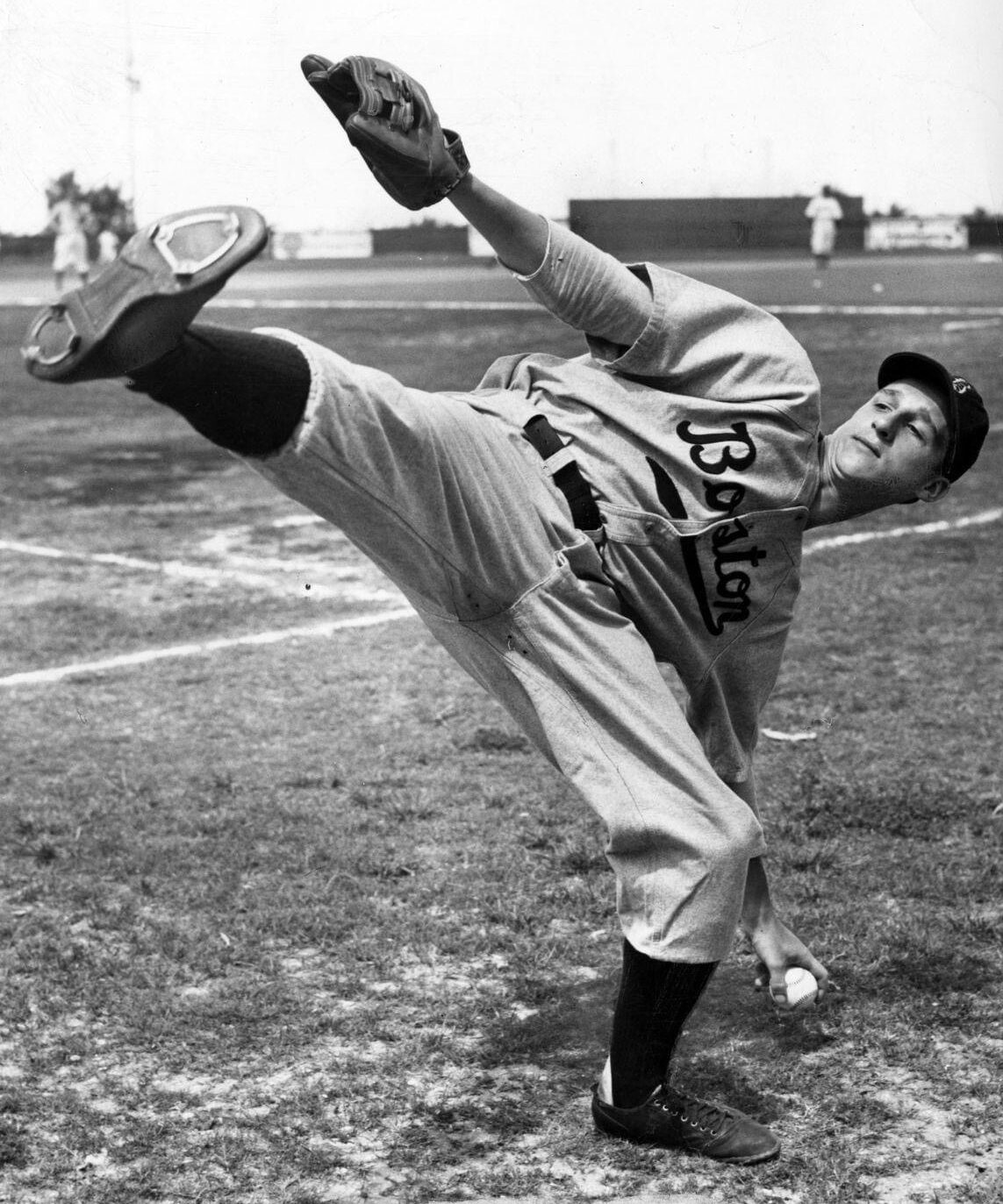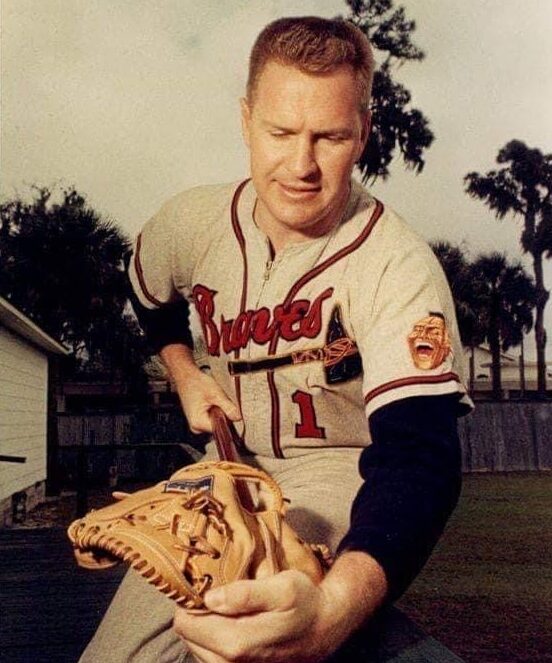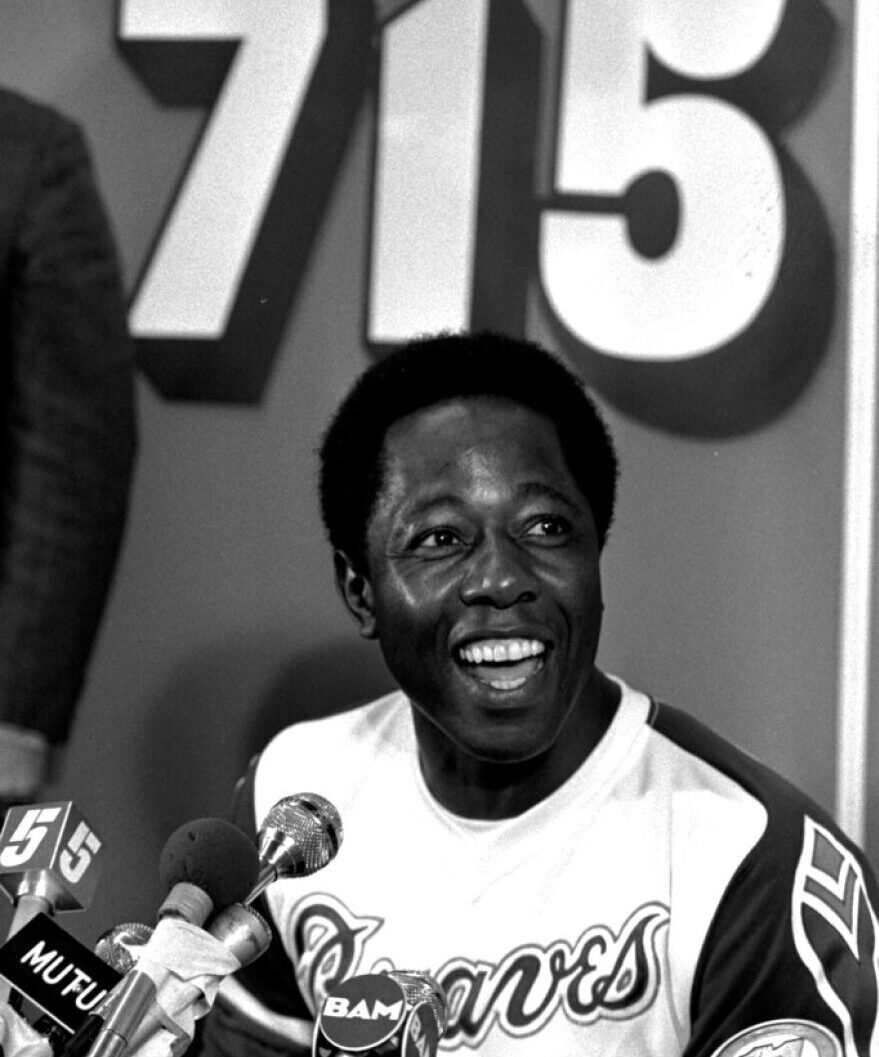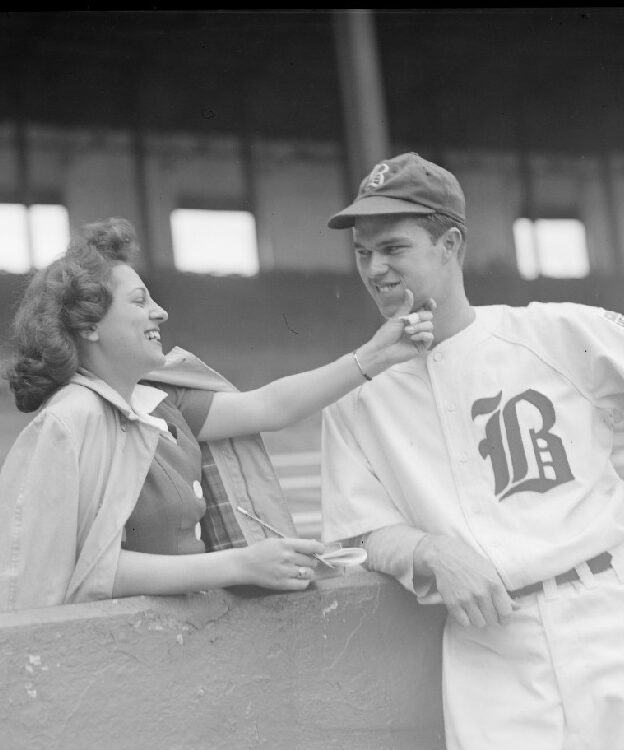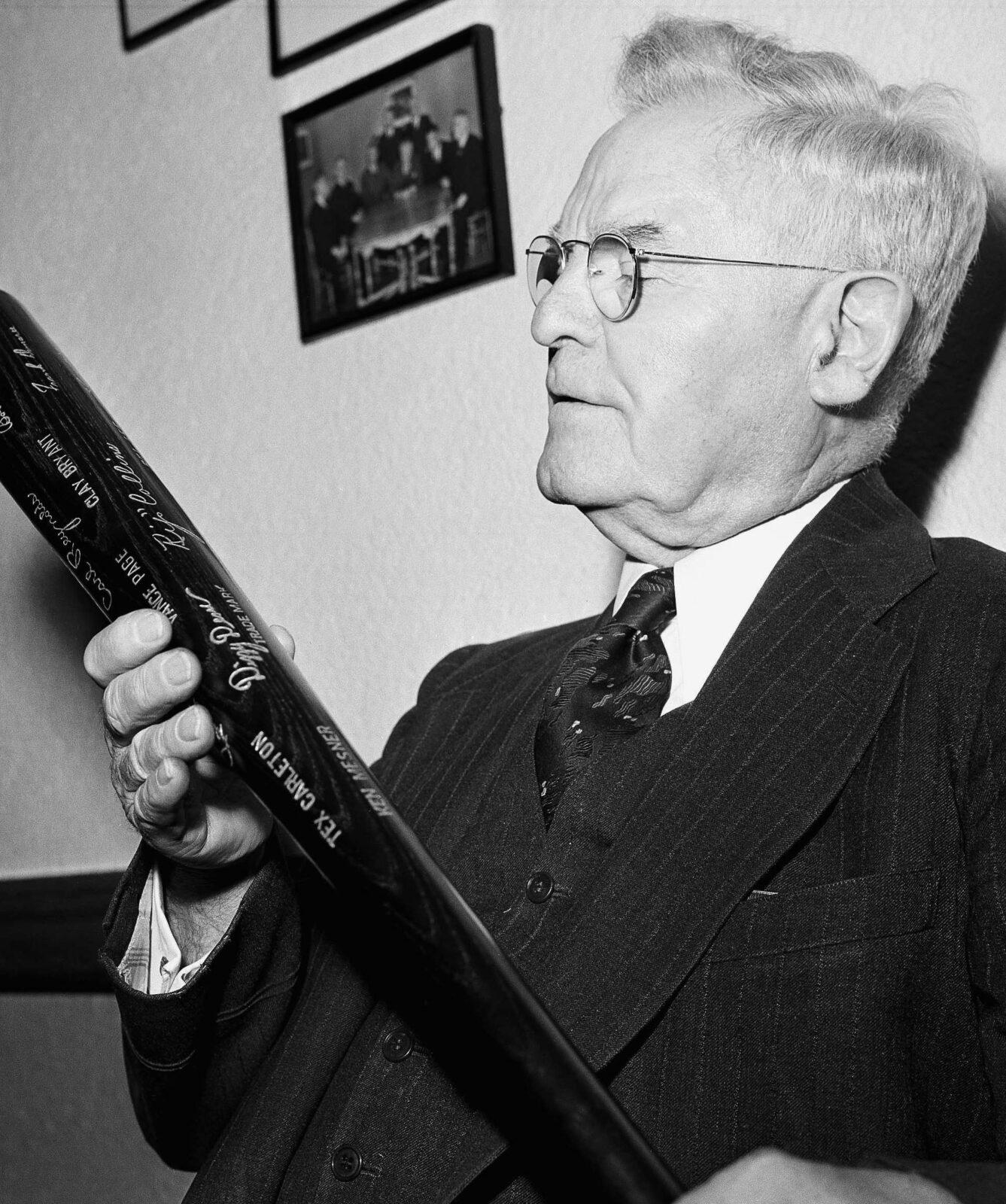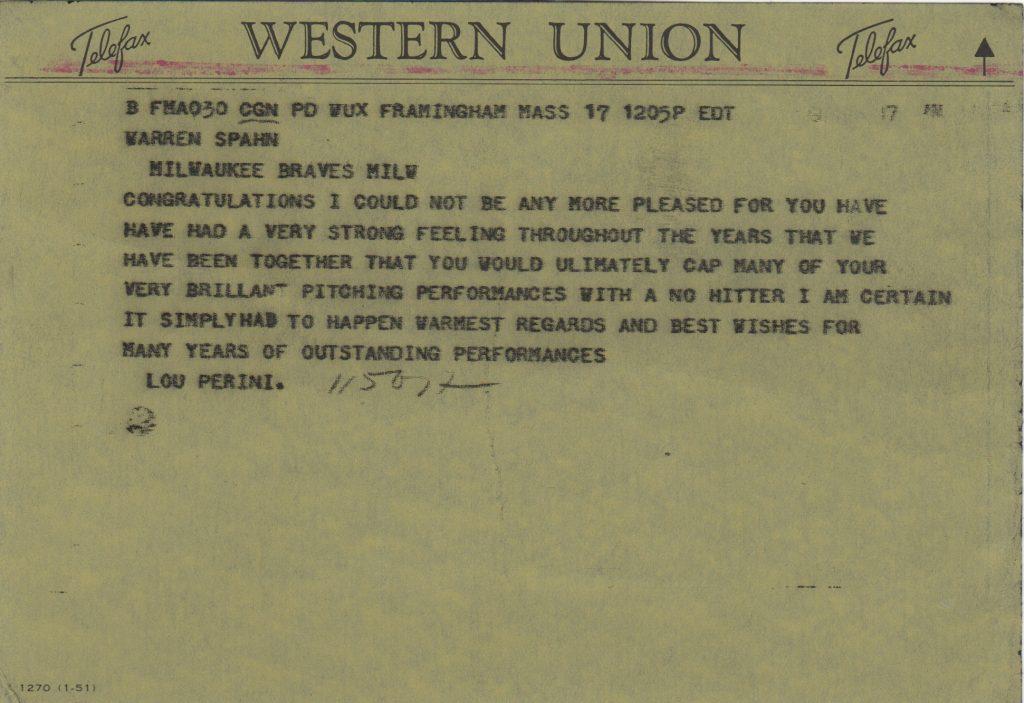
A charter member of the National League in 1876, the Braves called Boston home until 1952. The following season they moved to Milwaukee where they stayed until 1965 before moving to Atlanta.
While in Milwaukee, the Braves were a competitive club. Each season they posted a winning record. From 1956-1960 the Braves averaged more than 90 wins per season, finishing first or second each year. During that five-year run Milwaukee was led by one of baseball’s best pitching duos, Warren Spahn and Lew Burdette.
In ’56 Burdette led the league in ERA and shutouts. Spahn won 20 games, placed second in ERA, third in Cy Young voting, and fifth in the MVP race.
The following year in ’57 both men were All Stars and Spahn came away with the Cy Young. In the World Series victory over the Yankees, the two hurlers pitched complete games in each of the four Brave wins. Burdette’s three Fall Classic outings included wins a win in Game 2, and shutouts in both Game 5, and 7. The performance earned Burdette the World Series MVP.
The Braves captured the NL pennant again in ’58. Burdette won 20, two behind Spahn’s league best 22. In those days only one Cy Young was awarded in all of the majors. Spahn finished second in voting to the AL’s Bob Turley; Burdette finished directly behind his teammate. In the Fall Classic return the pair combined for three victories, three complete games, and a shutout.
In ’59 Milwaukee finished tied for first but lost to the Dodgers in a playoff. Burdette and Spahn tied for the league lead with 21 wins apiece. The right-hander also topped the Senior Circuit in starts and shutouts while Spahn led all NL hurlers in innings and complete games. Both men were All Stars.
The two pitchers combined for 40 wins for the second-place Braves in 1960 with Spahn finishing runner up for the Cy Young. That year each man threw a no-hitter against the Phillies.
From 1956-1960 the dynamic duo of Burdette and Spahn combined for 200 Milwaukee victories against 157 losses.
Shown here is the telegram Spahn received from Braves owner Lou Perini after throwing his 1960 no-no. The 39-year old southpaw was magnificent in the contest, throwing strikes in 71 of his 105 pitches. Two walks accounted for the only Philadelphia base runners. The lefty struck out 15 batters.
The telegram reads in part, “…have had a very strong feeling throughout the years that we have been together that you would ultimately cap many of your brilliant pitching performances with a no-hitter…”
Spahn kept the telegram from the team owner for his entire life.
